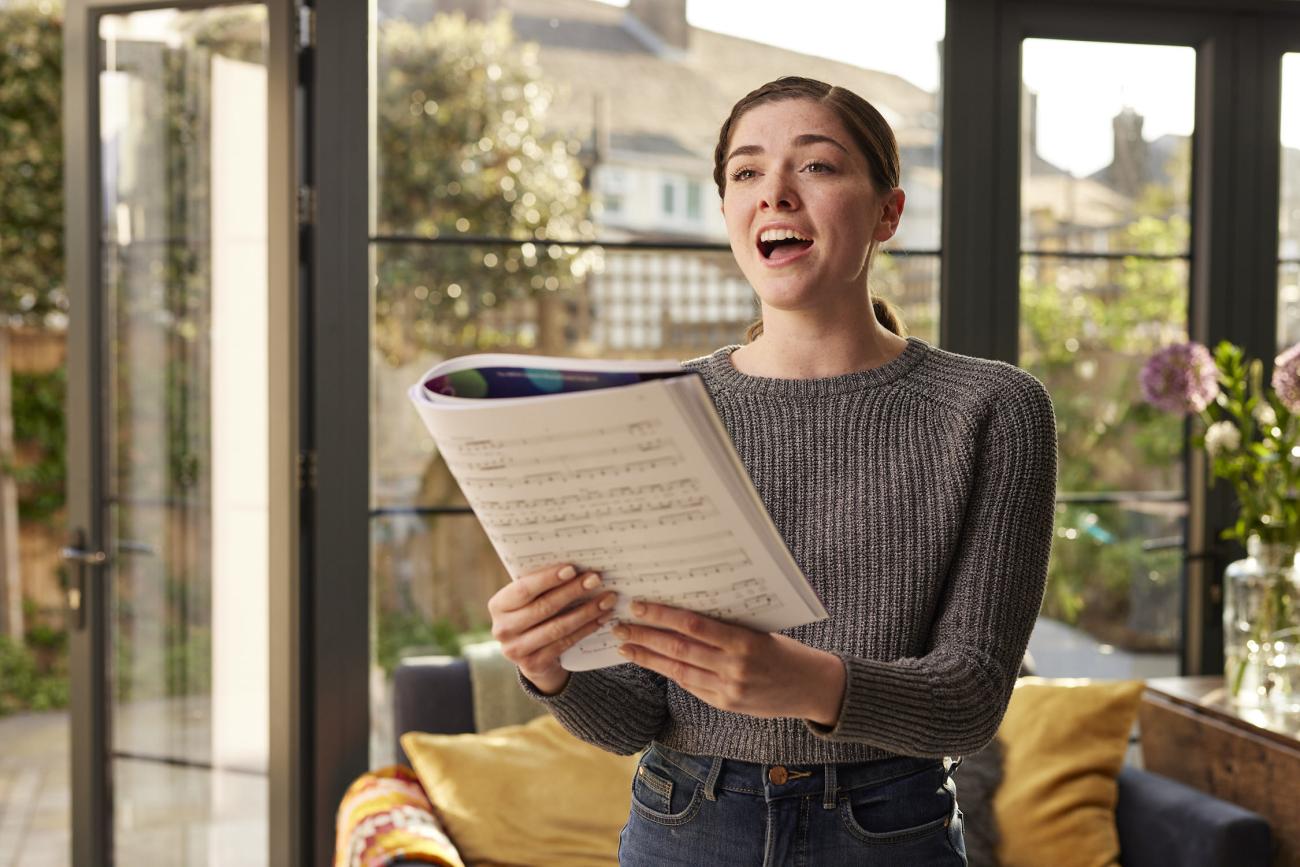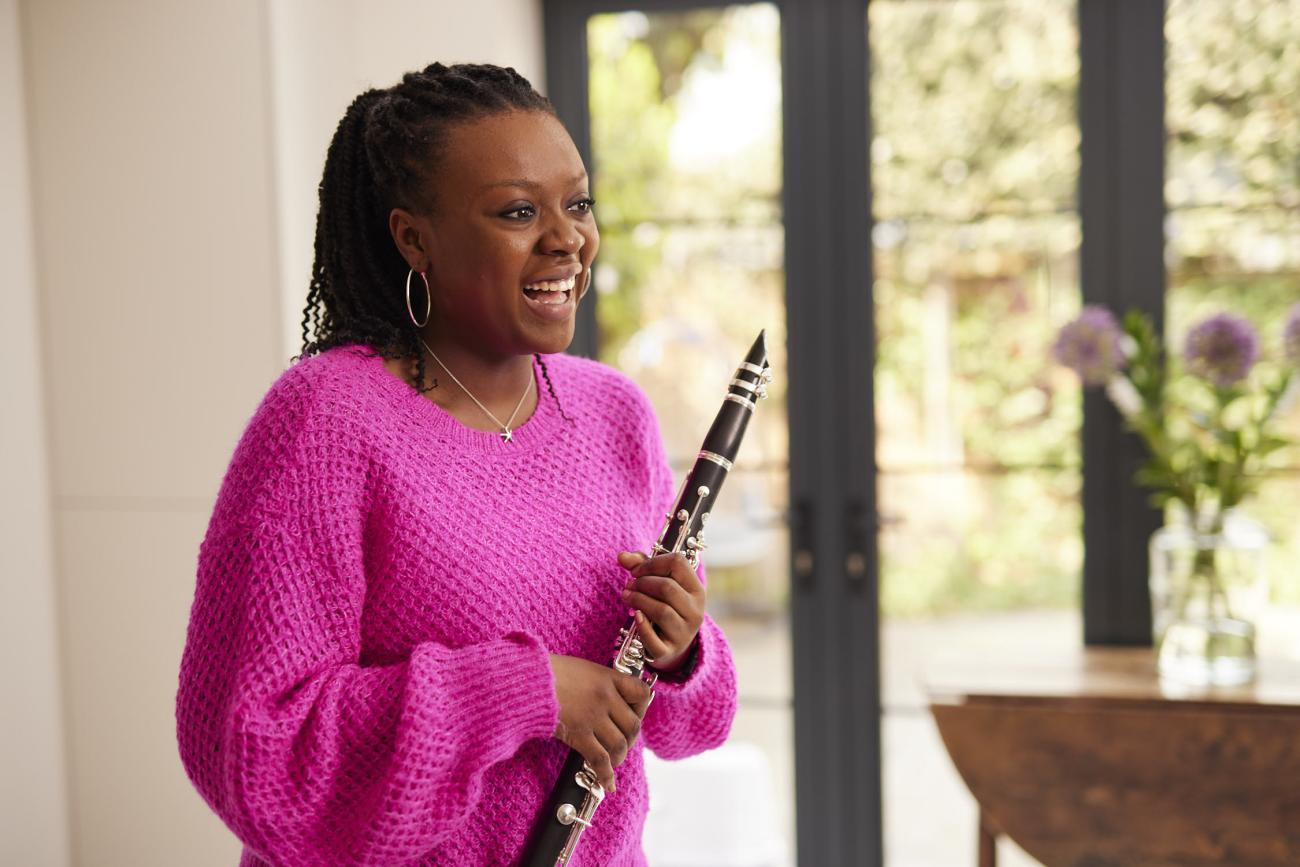Practical Grade guidance
Guidance before and during your Practical Grade exam
Find out what to expect on the day of your exam and how to prepare, from arriving at the venue and completing your programme form to the exam itself.
The three films at the top of the page take you through the exam experience and also provide some great preparation tips. Further down the page you'll find detailed information about taking your exam, covering programme forms, candidate ID and more.
Watch a short film, featuring our Access Lead and a member of our Chief Examiner Group, to find out what happens in a face-to-face exam, including arriving at the venue (Chapter 1), the exam itself (Chapter 2) and preparation tips (Chapter 3).
When watching Chapter 2, which shows an example of an exam, please be aware of the following.
- This is not a completely accurate example of an exam and you should always check the requirements in the syllabus.
- We also say that the examiner will ask for scales in the order they appear in the book. This applies for the type of scale (scale, arpeggio, major, minor etc) but not the key centres.
1. Before your exam
3. How to prepare
2. In the exam
Our face-to-face exams take place at a variety of different venues. At our Public Venues there will be signs to show you where to go and a steward to welcome you and show you to the waiting area and warm-up room, if available. The steward will also show you into the exam room at the right time.
Please arrive at least 10 minutes before your exam.
You can use your time in the waiting area to:
- get your music ready
- prepare your instrument
- warm up silently
- confirm your exam running order with the steward – you can choose the order for your exam
- complete your programme form to give to the examiner
- sit quietly and think calmly through your music
It’s normal to feel nervous before your exam. Click the link below for some tips on how to manage your nerves.
Try to have a thorough warm-up session before leaving home or school for your exam. Some of our Public Venues have a warm-up room, sometimes with a piano. The steward will let you know how long you can use the warm-up room for.
If there isn’t a warm-up room you can warm up silently in the waiting area. You can:
- loosen and exercise your fingers
- blow silently through wind/brass instruments to bring them up to temperature
- warm up your embouchure and mouthpiece
- quietly hum a few scales if you're a singer
- mentally run through your music
You can also play or sing a few notes to warm up in the exam room and our examiners will encourage you to do this. This is particularly helpful for pianists, who may want to try out the piano.
Download
When you go into the exam room the examiner welcomes you, confirms your name and asks for your programme form. All our examiners understand that candidates may feel nervous and need a few moments to settle. Try to remember, that they want to you to do well and are looking forward to hearing you perform.
At the start of the exam, the examiner will encourage you to:
- take a few moments to get comfortable - the examiner or steward will be happy to help with adjusting the piano stool or music stand.
- tune up if you're an instrumentalist - teachers or accompanists can help with tuning at Grades 1 to 5.
- play or sing a few notes before the exam begins - pianists can try the piano and instrumentalists and singers can warm up for a few moments.
- do the exam in any order you choose. Candidates often play their pieces first, but you may prefer to begin with other elements of the exam. You can let the steward know before your exam so that the accompanist can be shown in at the right time.
The examiner will be using our examiner app to deliver and mark exams. The app automatically audio records the exams, providing us with recordings to help with quality assurance, examiner training and enquiries about results. The recording happens automatically and will not disturb or interrupt the exam in any way.
Sometimes there are two examiners in the room for training and quality assurance purposes. One runs and marks the exam and the other is an observer. This will not affect the marking or results and the steward will let you know before the exam.
In the exam there may be short pauses between pieces or songs and sections. This is nothing to worry about – the examiner will just be completing the mark form.
During longer pieces examiners may ask you to stop once they have heard enough to make their assessment.
Exams take from around 12 minutes for Grade 1 up to 30 minutes for Grade 8. Timings vary slightly depending on the subject, grade and any access arrangements or adjustments for specific needs. You can find more information in the syllabus for your subject.
The piano at the exam venue might be an upright or a grand. All pianos at our Public Venues are tuned and checked before exams take place. Examiners try the piano at the start of the day and then play it during the aural tests in every exam so they will be familiar with its tone and touch.
Examiners understand that candidates can make mistakes in an exam which they might not have made in lessons or practice. Examiners also recognise when candidates recover well from a mistake, and they take this into account in their marking.


